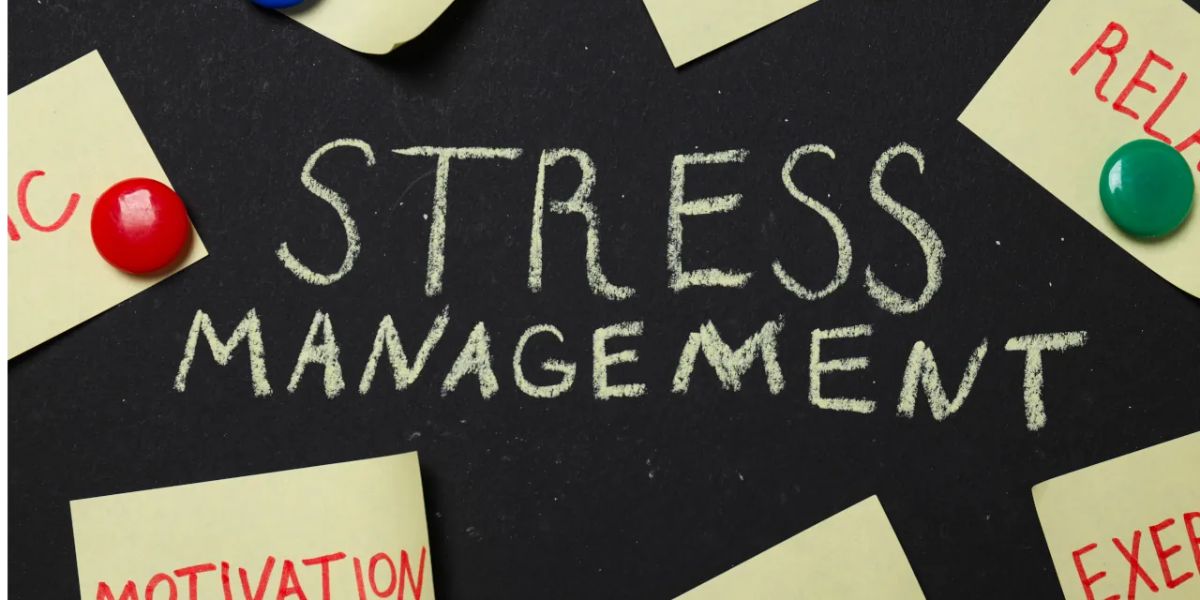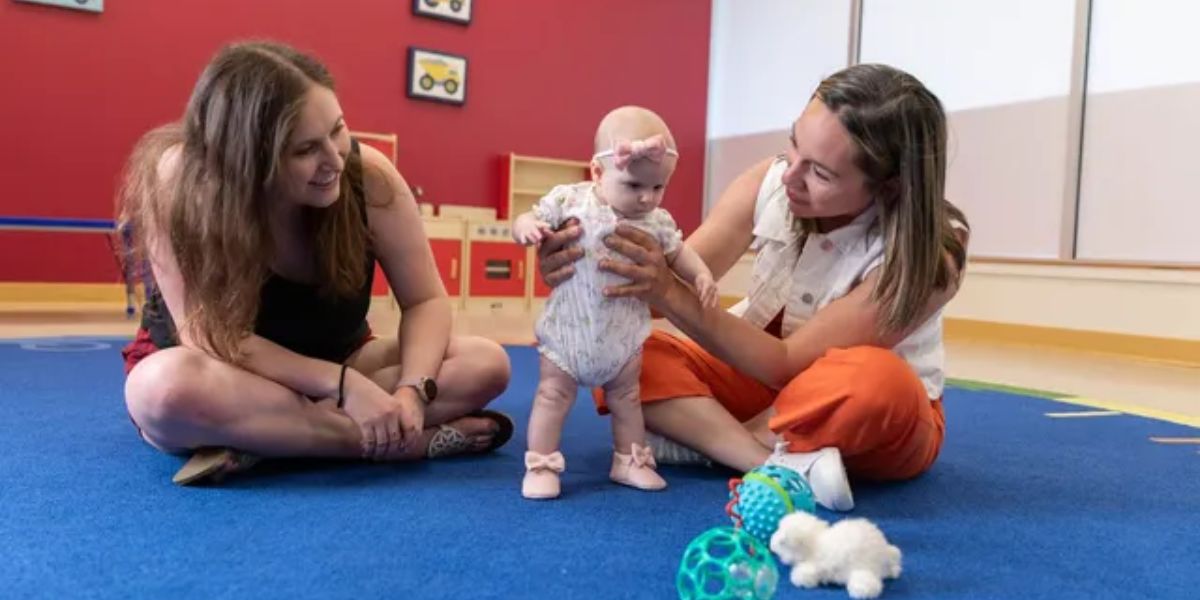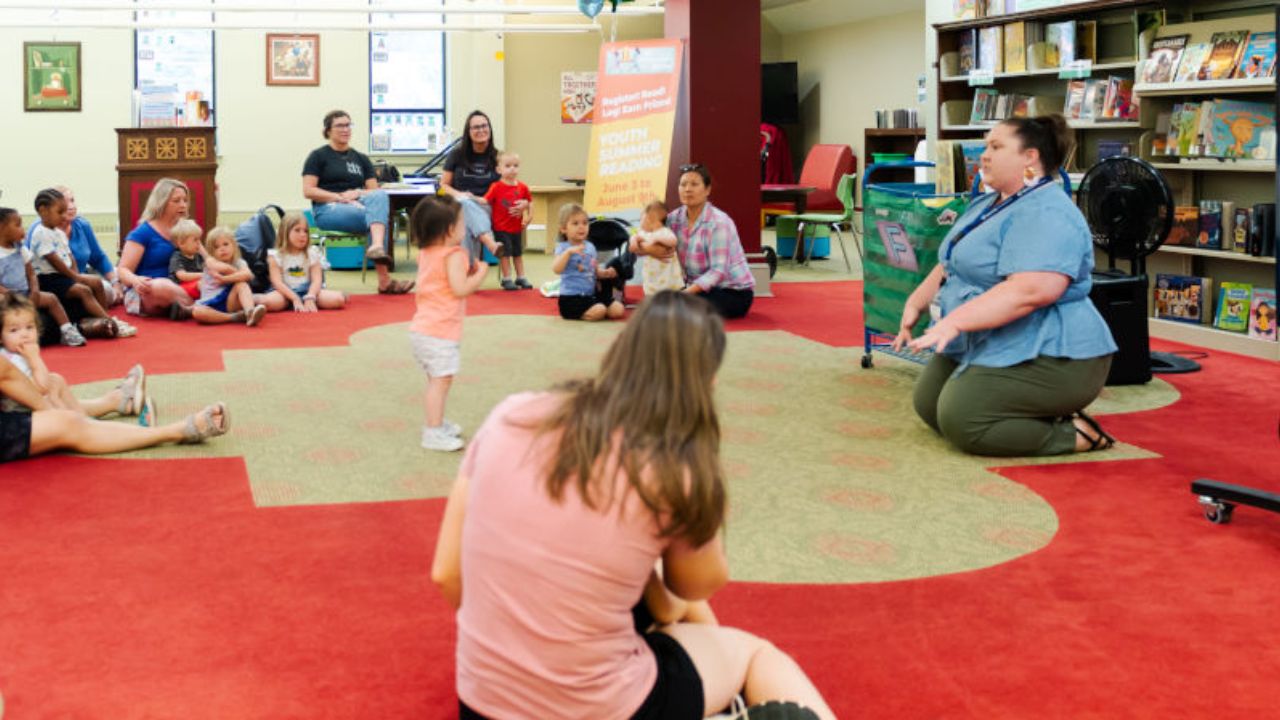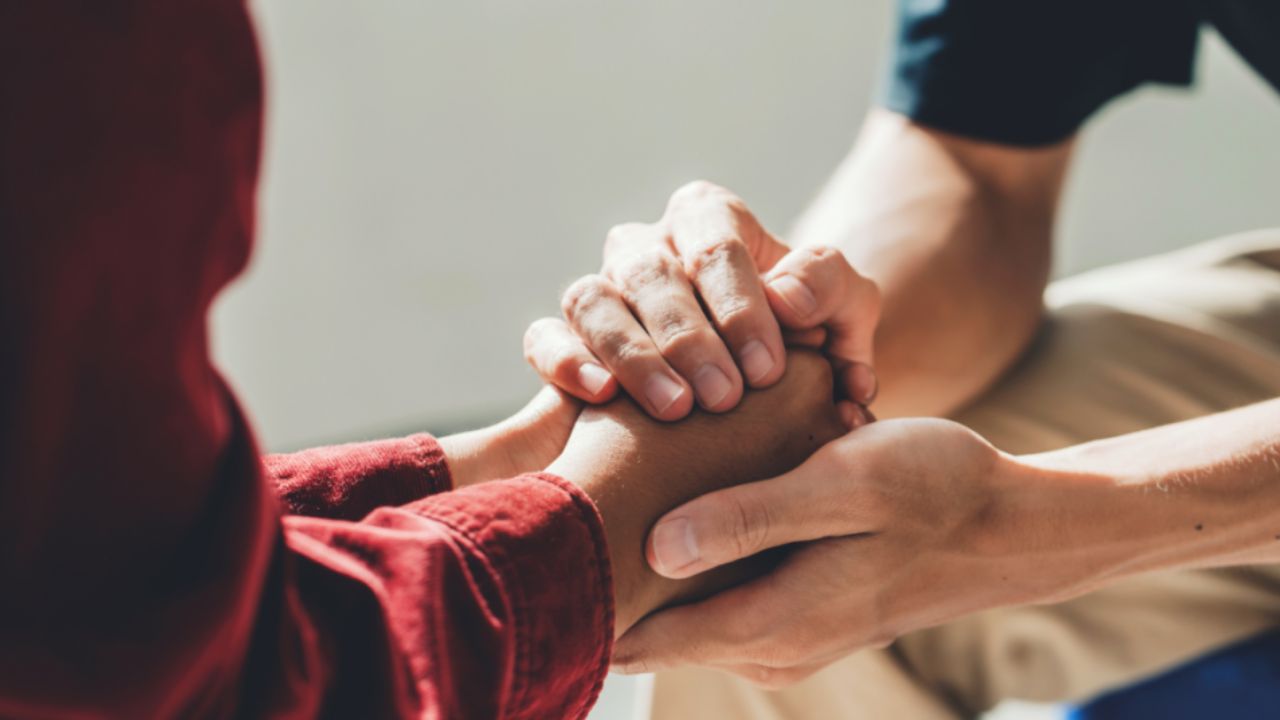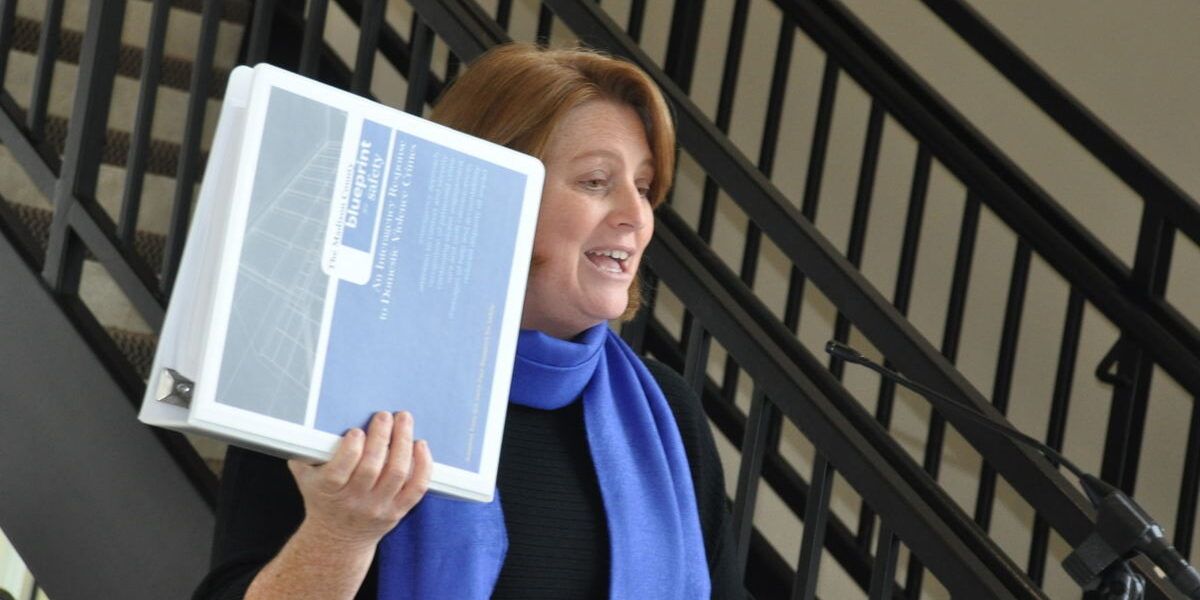Madison County, IN – Conversations around mental health and behavioral wellness have become more open in recent years, yet stigma continues to hold many residents back from getting the care they need. In communities across Madison County, behavioral health providers and local organizations are working hard to change that narrative — showing that seeking help is a sign of strength, not weakness.
Understanding Behavioral Health and Its Importance
Behavioral health goes beyond mental health — it encompasses the connection between a person’s behavior, emotions, and overall well-being. It includes how we handle stress, make choices, and relate to others. Conditions such as depression, anxiety, and trauma can affect anyone, regardless of age or background.
Table of Contents
When left unaddressed, behavioral health issues can lead to challenges in physical health, job performance, relationships, and daily functioning. Seeking professional support early can prevent crises, reduce hospitalizations, and improve quality of life. Madison County’s integrated care clinics are proving that behavioral and primary health must go hand in hand for lasting recovery.
Why Stigma Still Exists in Madison County
Despite the growing awareness, stigma remains a significant barrier for many in Madison County. Some residents fear being judged by friends, family, or employers for seeking help. Others mistakenly view therapy as something only for people with “serious” problems.
Cultural and generational attitudes also play a role. In smaller Indiana communities, privacy and self-reliance are deeply valued — but those same values can make people hesitate to reach out. Recognizing this pattern is the first step toward change.
Local behavioral health leaders, including counselors and social workers, emphasize that therapy and support groups are not signs of failure — they’re tools for growth. Many successful recovery stories in Madison County begin the moment someone decides to make that first appointment.
Local Behavioral Health Resources and How to Access Them
Madison County offers a range of behavioral health resources for residents of all ages. These include:
- Community Mental Health Centers providing counseling, medication management, and crisis intervention.
- Integrated primary care clinics where behavioral health professionals collaborate directly with medical providers.
- School-based counseling programs supporting children and adolescents facing emotional or academic challenges.
- Support groups and peer recovery programs helping individuals manage anxiety, depression, grief, or substance use.
For immediate help, residents can contact local crisis hotlines or visit community health centers in Anderson, Elwood, and surrounding towns. Many facilities also provide sliding-scale fees or telehealth options to ensure care is accessible to everyone, regardless of income.
The Role of Family and Community Support
Families play a vital role in encouraging loved ones to seek behavioral health care. In Madison County, initiatives like family systems therapy and parent education workshops are designed to help households understand behavioral health challenges together.
Creating a supportive home environment — one where emotional struggles are acknowledged without judgment — helps reduce isolation and fear. Local community organizations and schools are also hosting open discussions to make mental health a normalized topic for students and parents alike.
When communities talk openly about behavioral health, individuals feel less alone in their struggles. The ripple effect of one person’s courage can inspire others to do the same.
Breaking Down Barriers Through Education and Awareness
Public education campaigns in Madison County aim to shift public perception about behavioral health care. From local radio programs to school workshops, the goal is to help residents see behavioral health the same way they see physical health — essential, normal, and treatable.
Healthcare professionals in the county also advocate for integrated care models, where behavioral health screening is part of every primary care visit. This proactive approach helps detect issues early and connects patients to the right support before problems worsen.
Collaborative care programs led by nurse practitioners like Daniel Harris and social workers such as Maya Collins are bringing this integration to life. Their combined efforts bridge the gap between primary health and emotional well-being — showing how compassion and professional care can change lives.
Moving Forward: Creating a Healthier Madison County
To truly break the stigma, every resident of Madison County must take part in the conversation. Encouraging open dialogue in workplaces, schools, and places of worship can help normalize behavioral health discussions and promote early intervention.
It’s also crucial to support local behavioral health initiatives through volunteerism, donations, or advocacy. When the community comes together to prioritize mental well-being, the stigma begins to fade — replaced by understanding, resilience, and hope.
Call to Action
If you or someone you know in Madison County is struggling with stress, anxiety, or depression, don’t wait to seek help. Reach out to a local behavioral health provider or integrated care clinic today. Together, we can make Madison County a place where mental health support is understood, accepted, and accessible to all.
Visit mcchc.org to learn more about local programs, counseling services, and family support initiatives available near you.





